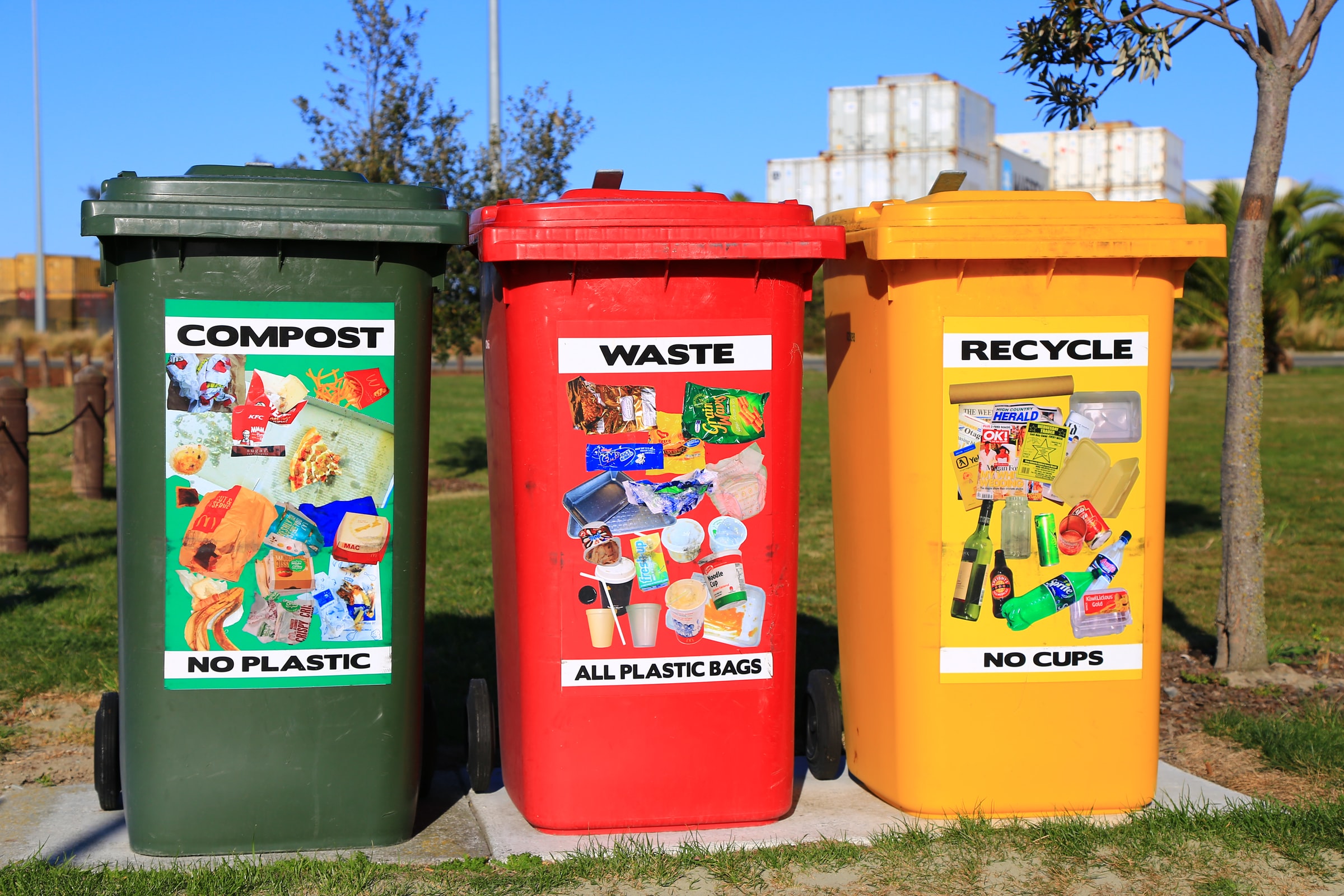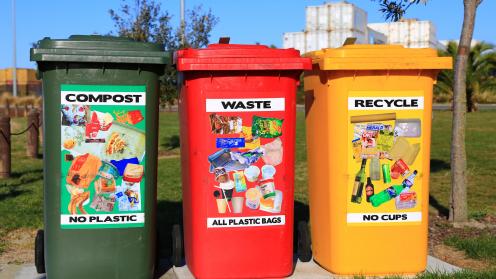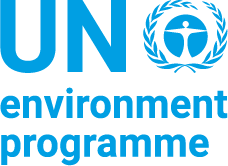About
Governments took the first steps toward a new international treaty on plastic pollution, including in the marine environment, as they set out the schedule of negotiations and rules of procedure, and convened multi-stakeholder dialogues on the scope of the plastics pollution problem.
Final report
Summary report 29 May – 1 June 2022
All coverage

In February 2022, reacting to mounting calls for global action to address the ever-growing crisis of plastic pollution, the resumed fifth meeting of the United Nations Environment Assembly adopted resolution 5/14 to “End plastic pollution: Towards an international legally binding instrument.” Plastic pollution is a threat to human health and the environment, with reports highlighting the presence of microplastic in human blood, lungs, and placenta, suggesting that plastic is embedded throughout the food chain.
In UNEA resolution 5/14, governments requested the UN Environment Programme (UNEP) Executive Director to convene an intergovernmental negotiating committee (INC) with the mandate to develop an international legally binding instrument (ILBI) on plastic pollution, including in the marine environment, commencing its work during the second half of 2022. Among several detailed provisions and elements pertaining to the work of the committee, the resolution also requested that an Open-ended Working Group (OEWG) be convened to prepare for discussions at the INC.
The ILBI on plastic pollution could eventually include both binding and voluntary approaches addressing the full lifecycle of plastic. The objectives of the ILBI itself are to be set by the Committee, which is also expected to consider provisions related to, inter alia, the sustainable production and consumption of plastic products. This includes the design of plastic products and the environmentally sound management of plastic waste, as well as circular economy approaches to plastics management.
At this OEWG, delegates will discuss, among others:
- the proposed timetable of INC sessions;
- how to cluster and organize the INC’s work;
- a request to the UNEP Secretariat to prepare draft elements of, and options for, the structure of the ILBI on plastic pollution for consideration at INC-1; and
- guidance to the Secretariat and recommendations to the INC on the initiation of a multi-stakeholder action agenda that will inform the negotiation process.
To prepare for discussions at the OEWG, the Secretariat has circulated a document on the approaches to the work of INC. It contains, among others, two scenarios for the timetable of the INC which is scheduled to conclude its work on a new agreement on plastic pollution by the end of 2024. In the scenarios proposed, the INC will meet for either four or five sessions, with the possibility of intersessional work. Each of the scenarios envisions that the INC will convene its first session in November 2022.
The OEWG is scheduled to convene in a hybrid setting, with in-person delegates meeting in Dakar, Senegal from 30 May -1 June 2022. A multi-stakeholder dialogue will also be held on 29 May 2022, with stakeholders invited to exchange information and activities related to plastic pollution.
View past and future events
Past event
Ad hoc Open-ended Working Group to Prepare for the Intergovernmental Negotiating Committee to End Plastic Pollution
Past event
1st Session of the Intergovernmental Negotiating Committee to develop an international legally binding instrument on plastic pollution, including in the marine environment (INC-1)
Past event
2nd Session of the Intergovernmental Negotiating Committee to Develop an International Legally Binding Instrument on Plastic Pollution, Including in the Marine Environment (INC-2)
Past event
3rd Session of the Intergovernmental Negotiating Committee to Develop an International Legally Binding Instrument on Plastic Pollution, Including in the Marine Environment (INC-3)
Past event
4th Session of the Intergovernmental Negotiating Committee to Develop an International Legally Binding Instrument on Plastic Pollution, Including in the Marine Environment (INC-4)
Past event
5th Session of the Intergovernmental Negotiating Committee to Develop an International Legally Binding Instrument on Plastic Pollution, Including in the Marine Environment (INC-5)
All ENB photos are free to use with attribution. For the Plastic Pollution OEWG, kindly use: Photo by IISD/ENB | Diego Noguera.
To receive free coverage of global environmental events delivered to your inbox, subscribe to the ENB Update newsletter.

